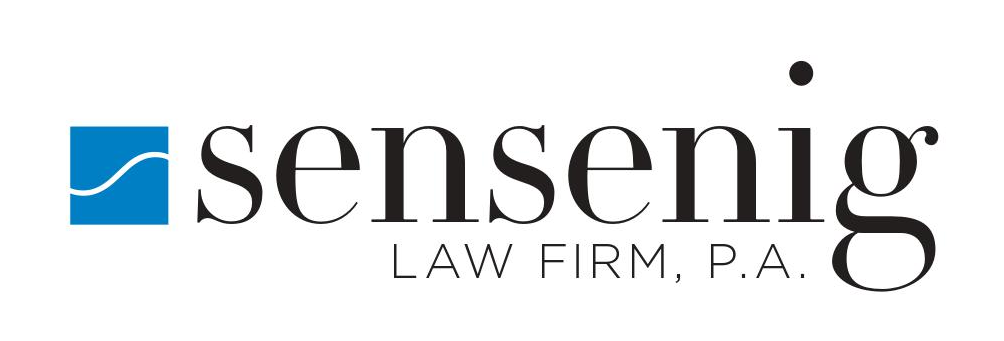New Mandatory E-Verify Required for Florida Employers of 25 or More
Well, it really happened. Despite opposition from many of Florida’s major industries – construction, tourism/hospitality, restaurants, home healthcare, and agriculture – Governor DeSantis just signed Senate Bill 1718 into law on May 10, 2023. This means that all Florida employers with 25 or more employees must adopt the “Federal E-Verify” system as of July 1, 2023, without exception. Penalties for non-compliance are steep, starting at $1,000.00 for every day of non-compliance, and possibly even culminating in revocation of any applicable state business licensure.
With the compliance deadline less than two months away, employers would be wise to act quickly. Luckily, the United States Constitution prohibits retroactive enforcement of new laws, so the new E-Verification requirements will not apply to any employee who was hired on or before June 30, 2023, but starting July 1, 2023, each and every new employee you hire must be verified through the federal E-Verify system; paper Form I-9’s alone will no longer cut it. The Form I-9 is still required in that the information and documents provided by a worker to complete the Form I-9 are necessary to complete the E-Verify process.
This is a big deal, representing a complete overhaul of how Florida employers are required to verify employment eligibility. But don’t panic, we’re here to provide some guidance for you! The first step is to head to e-verify.gov, click on “Employers” right at the top of the page, and from there, select “Enroll in E-Verify.” As government websites go, this one is actually fairly user-friendly, so becoming enrolled in E-Verify is the easy part. If you are lucky enough to have a dedicated Human Resource Department, we would advise them to enroll in an official E-Verify Webinar, available here.
From there, this new law shall require you to verify each and every new hire’s employment eligibility through the E-Verify website. For employees acquired through staffing agencies, the staffing agency is the “employer” for purposes of E-Verification compliance, absent some explicit, written agreement to the contrary. If you require such an agreement – either because you are a staffing agency, or because you work with staffing agencies – please reach out for additional guidance. But ultimately, never forget that the burden of compliance falls solely on the employer themselves.
This is a government website we are talking about, and the Florida legislature certainly hasn’t forgotten about the Affordable Care Act’s (“ACA”) website rollout and the crashes for the Florida Unemployment Compensation system during the height of the COVID crisis, so there are contingencies in place for when the E-Verify website inevitably crashes. If the E-Verify system goes down for 3+ days after a new hire begins work, employers are authorized to utilize the old paper Form I-9 system, just as they always had before. However, in that event, employers must retain proof – i.e., screenshots – that the E-Verify system was down every single day until it’s back up and running. Let’s reiterate that: if the system is down, employers will need to try again every single day – and document every such attempts through screenshots – until it works. Once the system is back up and running, employers will be required to utilize the system, even if the paper Form I-9 established that the new hire was eligible for employment.
Finally, employers must retain E-Verification documents for three years from the employee’s date of hire and certify compliance with the E-Verification requirements once per year on their tax returns.
As noted, the deadline for compliance for the new E-Verify law is July 1, 2023, not even two months away. That said, enforcement –such as audits and penalties – won’t actually commence until July 1, 2024. However, employers absolutely should not delay! Employers will have 30 days to cure noncompliance, and those employers that have failed to use the E-Verify system three times in a 24-month period will be fined $1,000 per day until proof of compliance has been provided. While retroactive laws aren’t constitutional, retroactive enforcement of existing laws absolutely is, and the last thing you want to do is rack up a year’s worth of penalties, which would total $365,000.00.
The best practice here would be to immediately register your business at e-verify.gov, have your Human Resource Professional / Office Administrator enroll in the next available webinar here, and start utilizing E-Verify today. Sure, the law doesn’t kick in until July 1, 20233, but wouldn’t you rather practice using this system now, when errors or delays don’t constitute violations of the law, instead of scrambling to figure it out once the daily $1,000.00 penalties kick in.
If you have any questions, or just need a hand with E-Verification in general, please give us a call. As always, we’re here to help.
